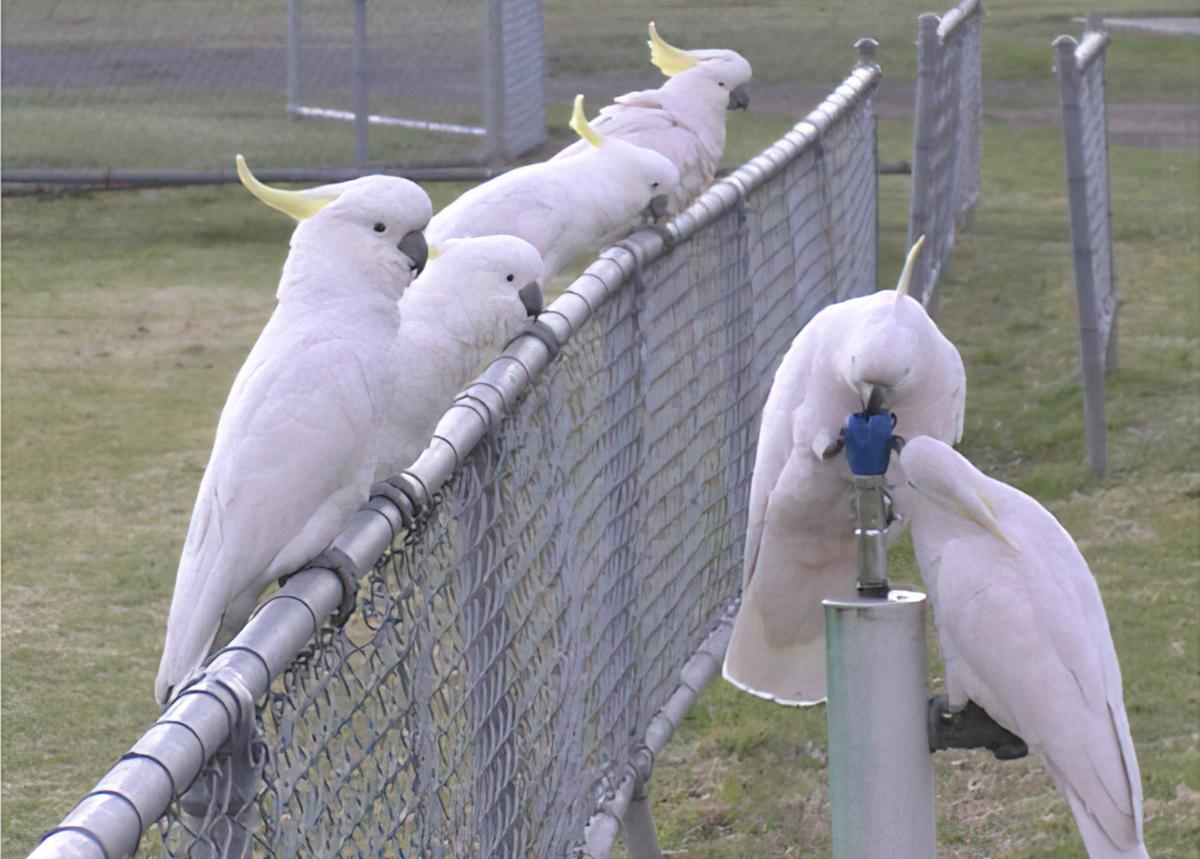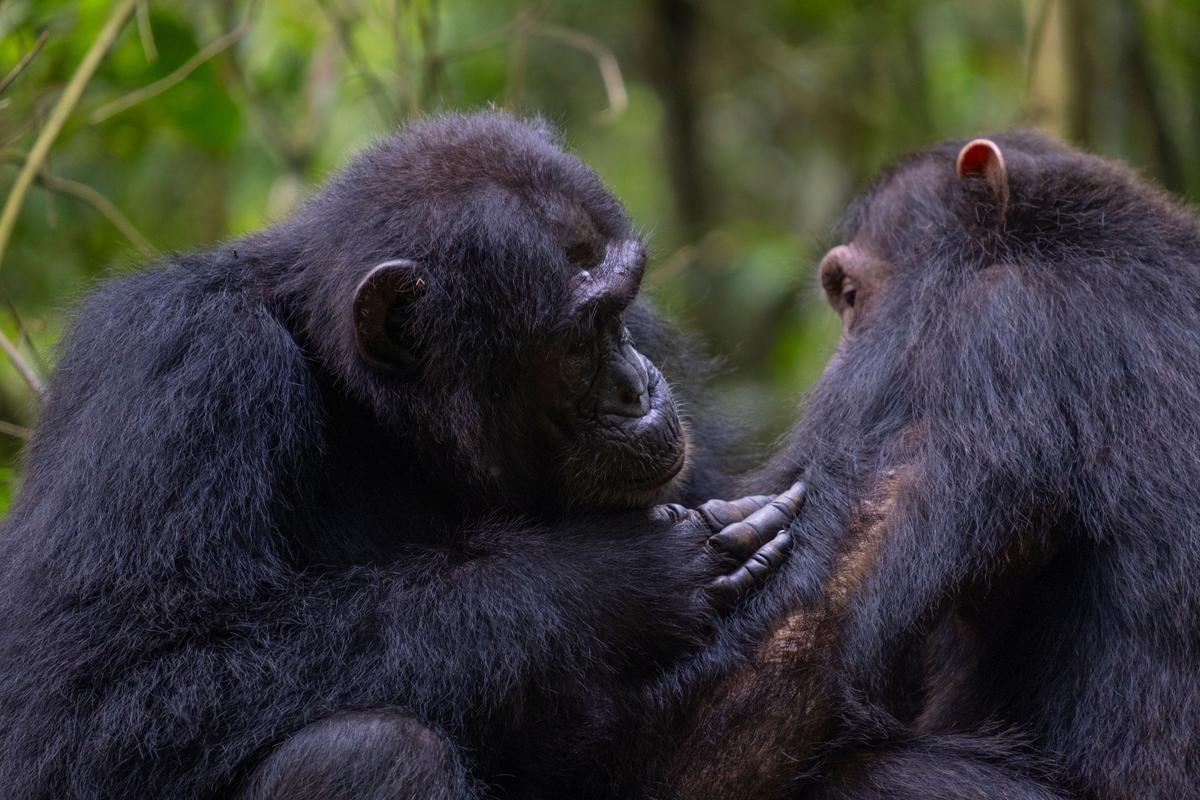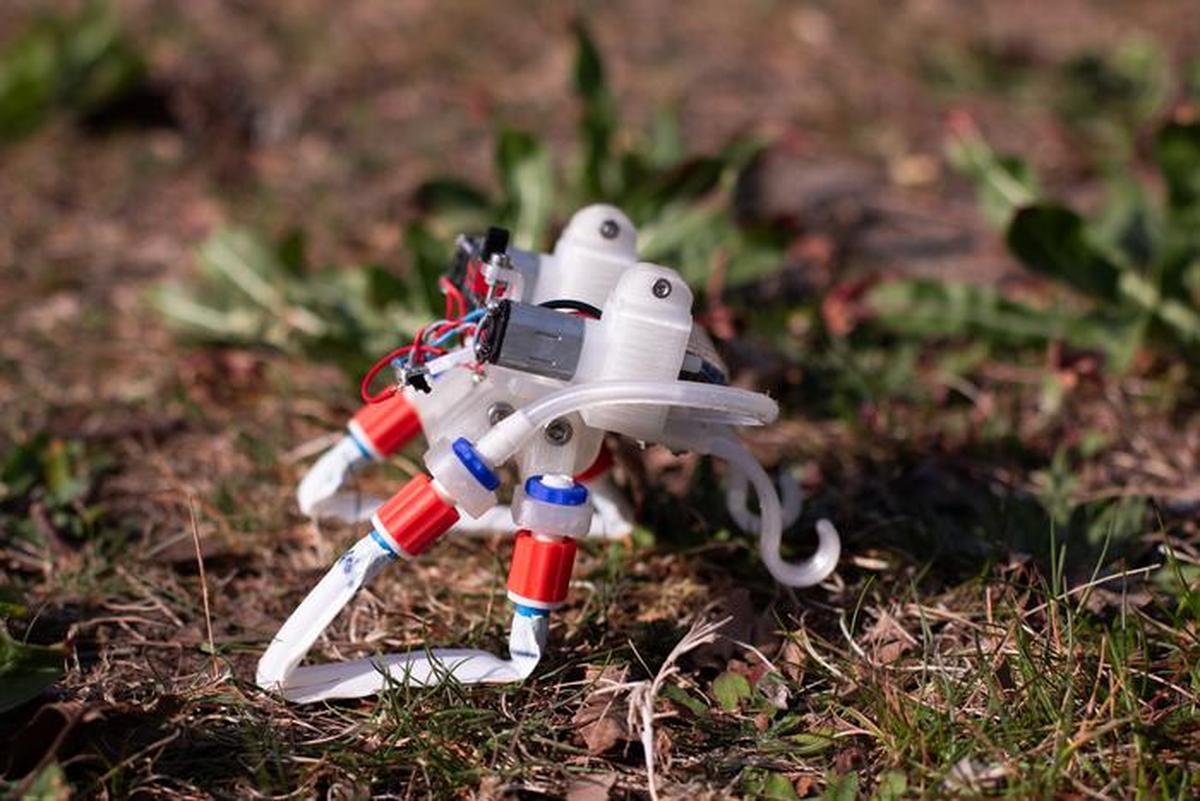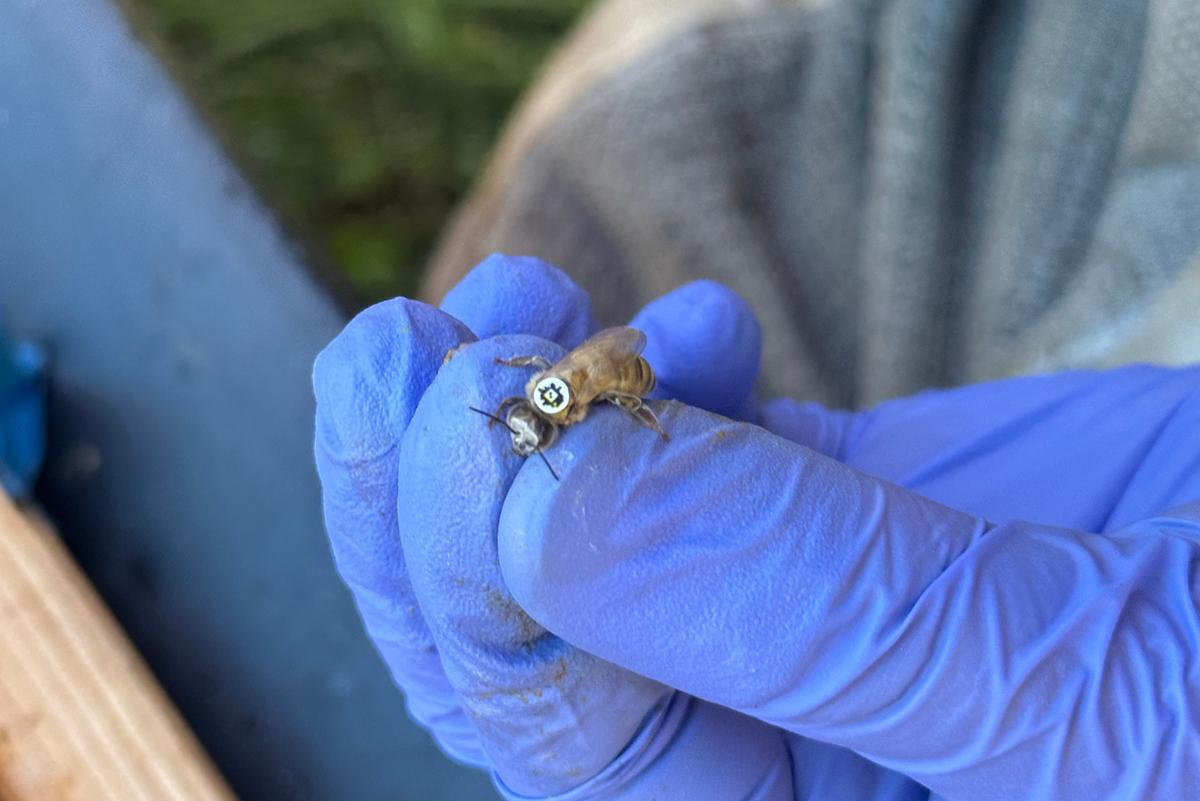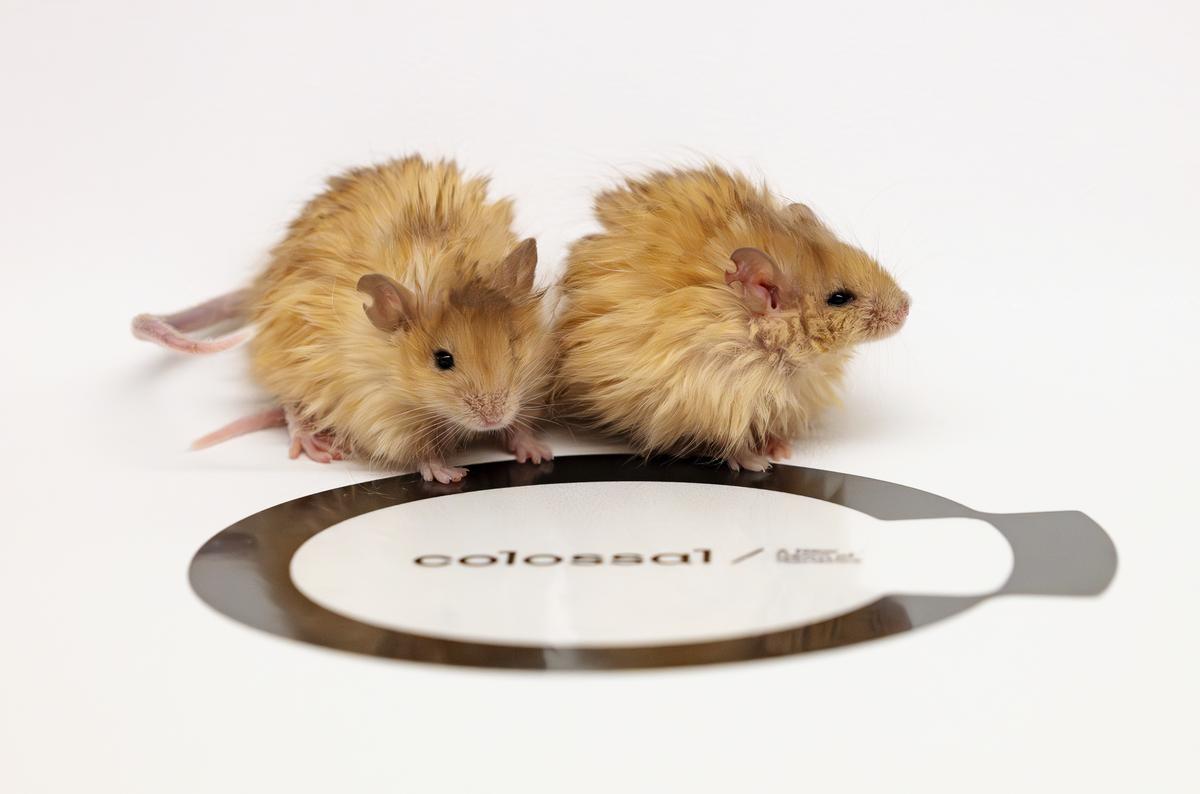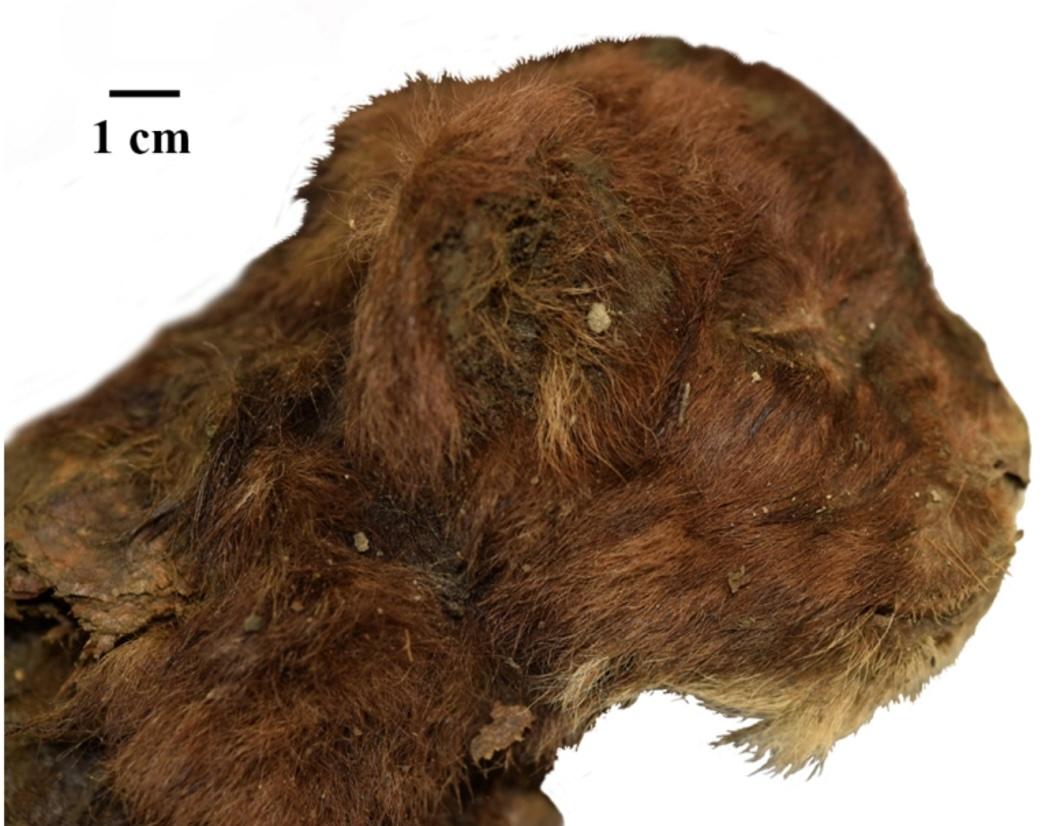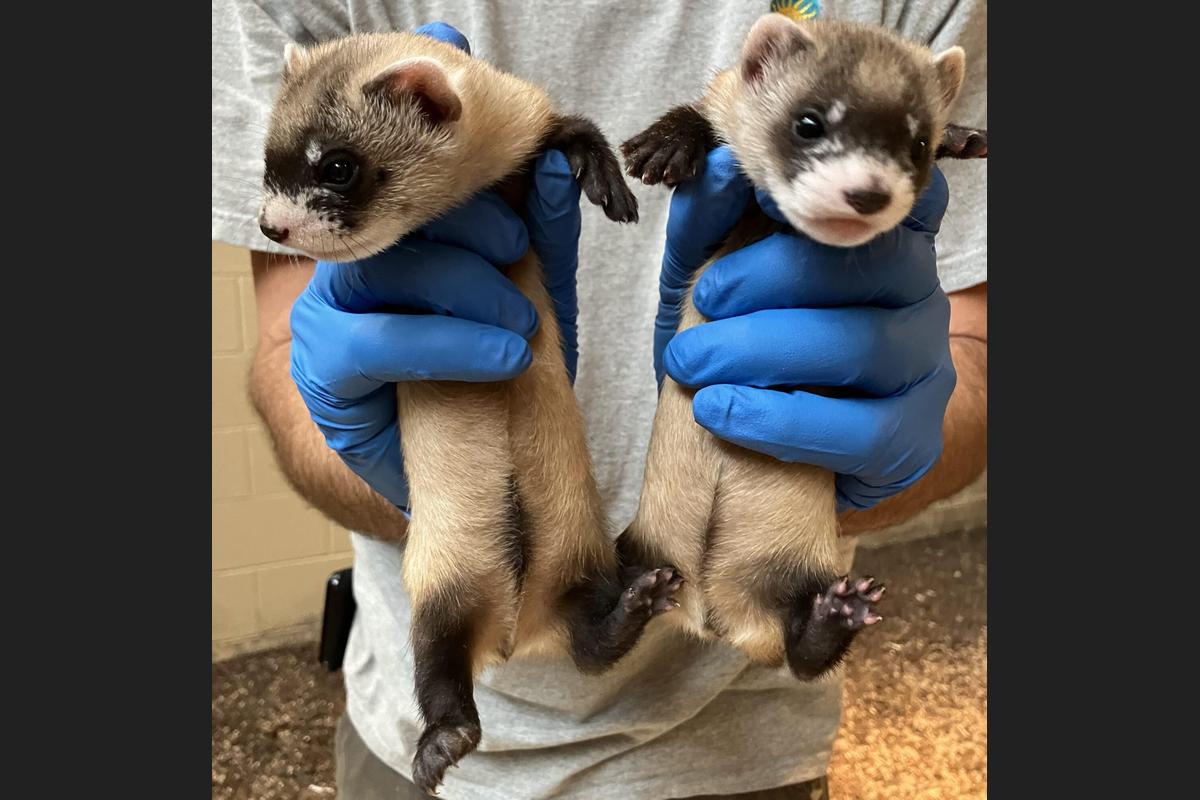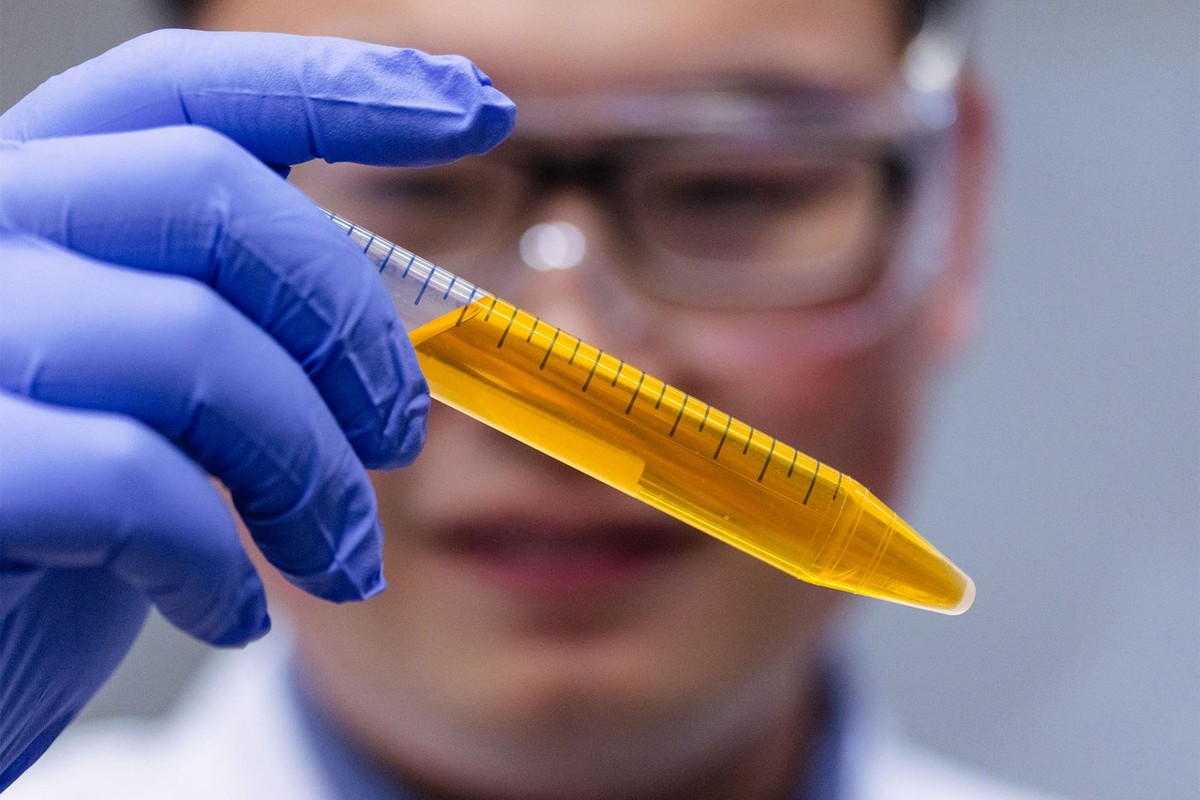Scientists have been studying a group of cockatoos in Sydney, Australia that have a clever trick: they've figured out how to drink from water fountains. The birds use one foot to turn the fountain's handle and then lower their head to the spout, allowing them to drink.
Posts tagged as “scientists”
Scientists have long known that chimpanzees sometimes use leaves or insects as medicine. Now, researchers studying chimpanzees in Uganda have discovered that the animals will sometimes provide "first aid" to each other. This suggests that chimpanzees may be able to think about how to help others, as well as themselves.
Scientists have created the first gene-editing medicine made for a single patient. The patient - a young baby who was sick because of a problem with his DNA - is now greatly improved, and is expected to go home soon.
Scientists in the Netherlands have created a soft-bodied robot that's powered by air. The robot doesn't have a computer or a "brain", but even so, it's able to walk and swim on its own.
Scientists at Penn State University used an unusual method to track honey bees. By placing tiny QR codes on the backs of the bees, the researchers can keep track of when the bees leave and return to their hives. The work will help scientists learn more about how bees collect food and how far they travel.
A company called Colossal Biosciences has created thick-haired mice that they are calling "Colossal Woolly Mice". The mice, created by editing DNA, are meant to be a step toward the company's larger goal of recreating the extinct woolly mammoth. Not everyone thinks it's a great idea.
Scientists have discovered that a male humpback whale traveled over 8,100 miles (13,000 kilometers) across three oceans. The journey is the longest known trip for a humpback whale. It's likely that the whale made the trip in search of a mate.
In 2020, a group of explorers looking for mammoth tusks in eastern Siberia made a surprising discovery - the mummy of a 35,000-year-old saber-toothed kitten. The find is the first of its kind and is giving scientists a new look at saber-toothed cats.
Two baby black-footed ferrets have made history as the first endangered animals to be born from a cloned mother. Scientists are hoping their birth will help in the recovery of this endangered species.
Scientists at Stanford University have found a way to make the skin of living mice turn clear. The trick is actually pretty simple - rubbing a common yellow food dye on the mouse's skin. The discovery could one day help doctors see inside human bodies without cutting them open.

